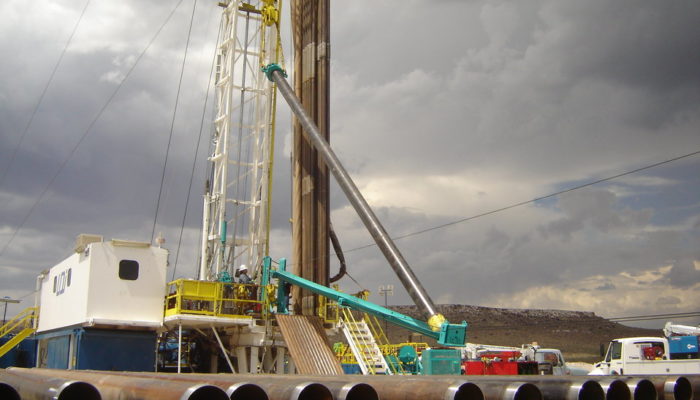
Each month, Jesse Zondervan picks his favourite posts from geoscience and development blogs/news which cover the geology for global development interest. Here’s a round-up of Jesse’s selections for the last month:
Earthquake preparedness in the US
Last month has seen two strong earthquakes in California, and in an interview with CNN seismologist Dr Lucy Jones says California is not as well prepared as it could be, especially compared to places like Japan and Chile. Political scientist Matt Motta attributes this to a low electoral incentive for policymakers to work on preventative policies rather than response to earthquake damage, which leads to the conclusion that communicating earthquake risk to people living in hazardous areas is vital to improving preparedness.
To geoengineer or not?
There has also been some debate on geoengineering, with climate scientists at Harvard and MIT arguing that risks of geoengineering may be overstated, whilst Cambridge scholars warn against the social blinding effect of ‘emissions debt’ through the temporary use of solar geoengineering.
At the same time, there is an increasing pressure from insurance companies for cities to adapt to climate change-related risks, and the threat of Antarctic ice collapse raising sea levels dramatically led to the suggestion of artificially snowing ocean water on it in great quantities.
Ultimately, we need research to understand the risks and efficacy of solar engineering, which is why the newly published map for predicting paths of particles emitted in the atmosphere is a welcome addition.
The challenge of groundwater
The challenge to relying on deeper water aquifers to sustain supply is that deeper strata are generally less conducive to extraction, water gets saltier at depth, and finally, it costs more. A new study finds that Americans are drilling deeper, raising concern over the sustainability of water extraction.
A new method of testing groundwater resources using the tidal effects of gravitation on groundwater addresses the challenge of investigating and managing water resources more sustainably.
More this month, the unwavering resistance of Guatemalans in one of the world’s most hazardous areas, the unnoticed climate crisis disasters happening weekly, and the question of sovereignty as Pacific countries drown.
Groundwater
Simple, accurate and inexpensive: A new method for exploring groundwater at the Karlsruher Institut für Technologie (KIT)
Americans are drilling deeper than ever for freshwater at University of California – Santa Barbara
Climate Change Adaptation
Insurance Companies Push Cities To Take Climate Action by Sarah Lawrynuik at The Sprawl
What happens when a country drowns? By Sarah Munoz at The Conversation
Climate Risk Disclosure Act Is Good for Your Investments by Nicole Pinko at the Union of Concerned Scientists
Arctic ice loss is worrying, but the giant stirring in the South could be even worse at The Conversation
Geoengineering
Betting on speculative geoengineering may risk an escalating ‘climate debt crisis’ by Shinichiro Asayama and Mike Hulme
Risks of Controversial Geoengineering Approach “May Be Overstated” By John Fialka at E&E News
Chaos theory produces map for predicting paths of particles emitted into the atmosphere at ScienceDaily
Sea level rise: West Antarctic ice collapse may be prevented by snowing ocean water onto it at the Potsdam Institute for Climate Impact Research (PIK)
Earthquake preparedness in the US
She’s been explaining earthquakes for decades. Here’s where she says California is least prepared by Braden Goyette at CNN
Americans focus on responding to earthquake damage, not preventing it, because they’re unaware of their risk by Matt Motta at The Conversation
Hospitals implement quake-ready technology, teams in seismically active areas by Jacqueline Renfrow at FierceHealthcare
Disaster Risk
‘Artificial intelligence’ fit to monitor volcanoes at GFZ German Research Centre for Geosciences
Istanbul: Seafloor study proves earthquake risk for the first time at the Helmholtz Centre for Ocean Research Kiel (GEOMAR)
History, disasters, and resilience: The story of Antigua Guatemala by Barbara Minguez Garcia and Rodrigo Donoso Arias at World Bank Blogs
One climate crisis disaster happening every week, UN warns by Fiona Harvey at The Guardian
External Opportunities
Law and Sustainability Summer School at the Earth System Governance Project
Opportunity: Senior Research Associate in Policy, Politics and Climate Change at the Tyndall Centre for Climate Change Research
Check back next month for more picks!
Follow Jesse Zondervan @JesseZondervan. Follow us @Geo_Dev & Facebook.
